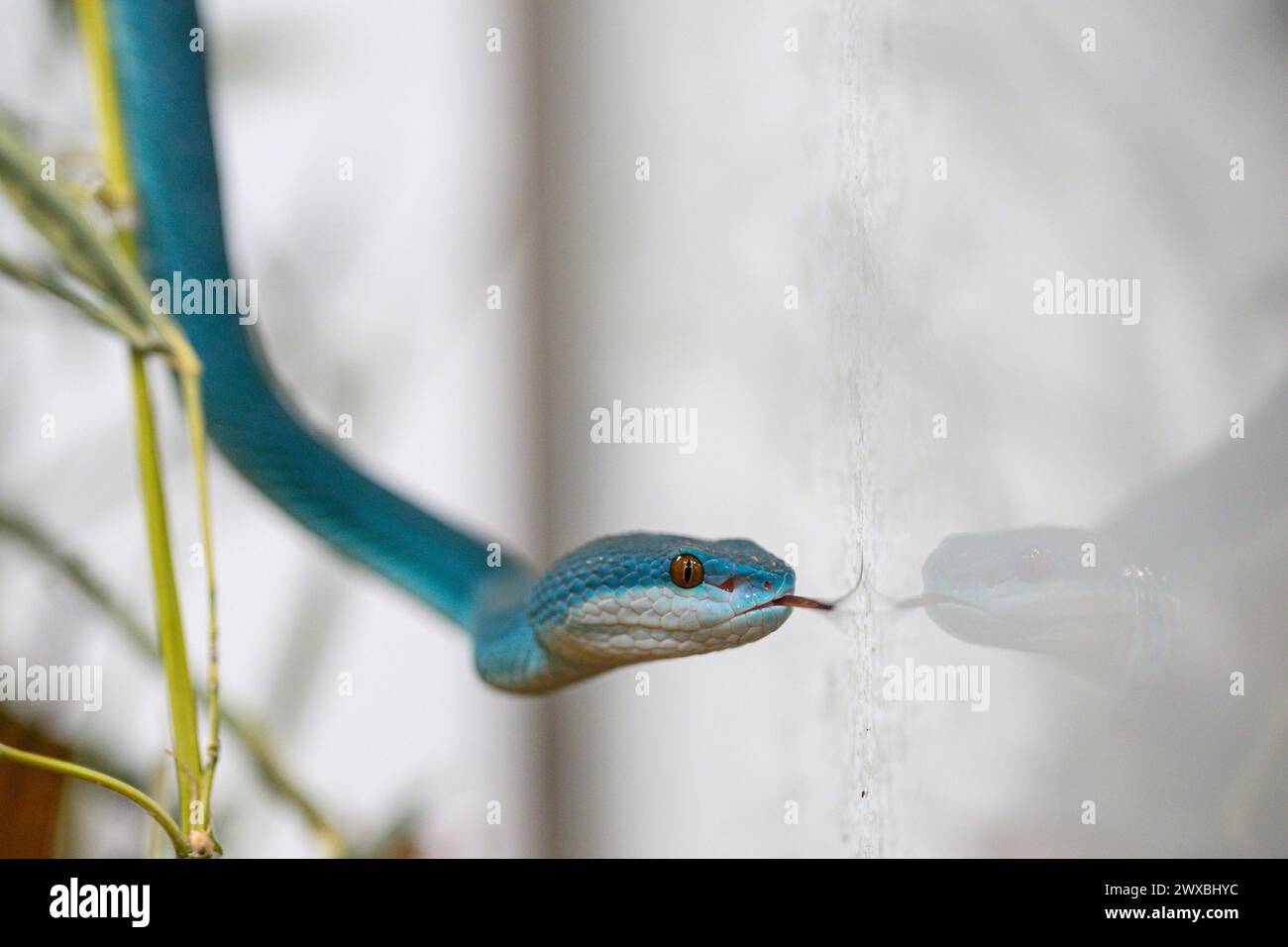Introduction
When it pertains to venomous serpents, Australia is home to a few of the most remarkable and unsafe varieties in the world. Among these, the Tiger Snake sticks out not only for its powerful venom however also for its intriguing behavior. Comprehending the actions of venomous snakes like the Tiger Serpent is critical for both wildlife enthusiasts and those residing in areas where these serpents exist. This short article looks into different aspects of Tiger Serpent habits, habitat, recognition, safety measures, and emergency treatment methods in situation of a serpent bite.
Understanding the Actions of Venomous Snakes Like the Tiger Snake
The Tiger Snake, scientifically referred to as Notechis scutatus, is well-known for its aggressive nature when threatened. These serpents show a range of behaviors that can be quite different from their non-venomous counterparts.
Characteristics of Tiger Snakes
The Tiger Snake is easily well-known because of its distinctive bands or red stripes that look like a tiger's markings. They can differ in color from yellowish-brown to dark olive or black. This coloration serves not just as camouflage but likewise as a warning signal to potential predators.

Adaptability to Environment
One exceptional element of their actions is their flexibility to numerous environments. Discovered mainly in seaside areas, marshes, and wetlands across Australia and Tasmania, they can flourish in varied environments consisting of urban locations.
Hunting Techniques
Tiger Serpents are ambush predators largely feeding upon fish, frogs, and tiny mammals. They possess eager sight and an acute feeling of scent which helps them in locating target effectively.
Venom Composition
Their venom contains neurotoxins that affect the nerves, bring about paralysis or death in smaller animals. For people, Look at more info prompt clinical interest is important after a tiger snake bite due to its possibly lethal effects.
Natural Habitat of Tiger Snakes
Preferred Locations
Understanding where these snakes live clarify their behavior patterns. The tiger serpent habitat consists of:
- Coastal regions Swamps Grasslands Urban areas with plentiful water sources
Seasonal Movements
During warmer months, Tiger Snakes are much more energetic as they indulge in sunlight or hunt for food. On the other hand, cooler months see them retreating into hibernation sites.
Are Tiger Snakes Venomous?
Yes! The concern "are tiger serpents venomous?" usually arises among those not familiar with this species. Their poison is taken into consideration among the deadliest among all snake species worldwide.
Symptoms of a Tiger Serpent Bite
If bitten by a tiger serpent, signs may consist of:
- Localized pain Swelling at the bite site Nausea and vomiting Sweating and confusion
Immediate medical help is critical as untreated attacks can bring about serious health difficulties or perhaps death.
First Aid for Serpent Bites: Quick Action Guide
Knowing just how to provide emergency treatment for a serpent bite can conserve a person's life. Here's what you ought to do:
Step 1: Remain Calm
Keeping calm aids decrease heart price which minimizes venom spread.
Step 2: Paralyze the Impacted Area
Keep the impacted arm or leg still and listed below heart level if possible.

Step 3: Call Emergency Services
Always seek specialist clinical help immediately after a snake bite.
First Help for Serpent Bite Package Essentials
A well-appointed snake bite emergency treatment kit need to include:
- A compression bandage Antiseptic wipes A set of scissors A cold pack
Safety Preventative measures: Preventing Snake Bites in Australia
Awareness Programs
Educating neighborhoods regarding neighborhood snake varieties and their habits can dramatically decrease encounters bring about bites.
Avoiding Dangerous Areas
Staying away from lengthy turf throughout warmer months lessens contact with snakes that could be resting or hunting.
Common Misconceptions Concerning Tiger Snakes
Many people think mistaken beliefs concerning the actions of tiger snakes bring about unneeded fear. Here are some explanations:
Myth 1: All Tigers Are Aggressive
Not all tiger snakes will certainly present aggressiveness if left undisturbed; many favor leaving rather than confrontation.

Myth 2: They Chase Humans
Tiger serpents do not actively go after humans; they might strike when they feel intimidated however will usually pull back if given space.
Conservation Efforts Associated with Poisonous Snakes
Conservation efforts concentrate on educating areas regarding protecting neighborhood wildlife while decreasing human-snake interactions.
Importance of Ecosystems
Understanding that venomous snakes play a vital function in keeping ecological equilibrium aids foster recognition instead of concern in the direction of them.
FAQs Regarding Tiger Snakes
What must I do if I run into a tiger snake?- Maintain distance and gradually pull back without unexpected movements.
- While attacks aren't incredibly usual due to understanding efforts, they still occur every year within Australia.
- Baby tiger snakes can supply complete dosages of poison in spite of being smaller sized; therefore caution is recommended around them.
- They mostly consume frogs, fish, little mammals like rodents, and various other reptiles.
- It's unlawful in many jurisdictions without appropriate licensing as a result of security issues concerning their venom.
- Wear durable boots and stay on marked tracks; appearance prior to placing hands or feet into hidden areas like rocks or logs.
Conclusion
Understanding the behavior of venomous serpents like the Tiger Snake not just enhances our understanding but also advertises security recognition amongst those living near their environments. From acknowledging their attributes, recognizing emergency treatment protocols adhering to a bite, through engaging conservation efforts-- every element plays an important role Death Adder in cultivating conjunction with these fascinating reptiles while respecting their place within our ecosystem.
As we strengthen our understanding through education and experience, we add positively towards guaranteeing both human safety and security and wildlife preservation-- profiting all parties involved!